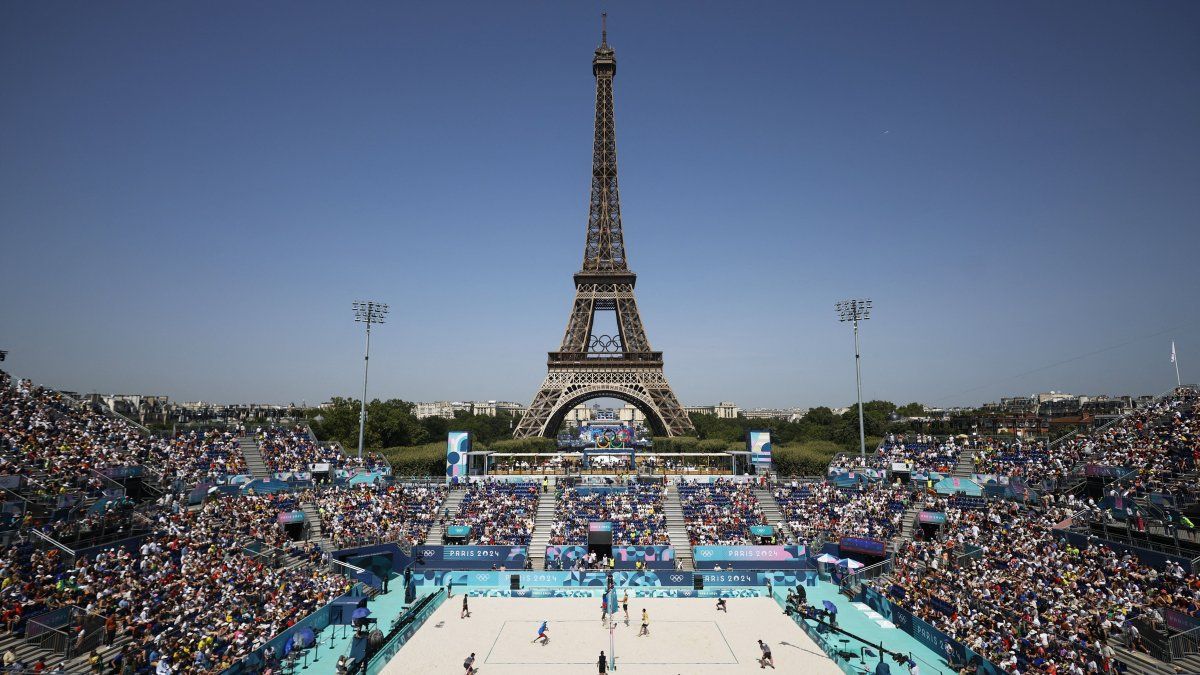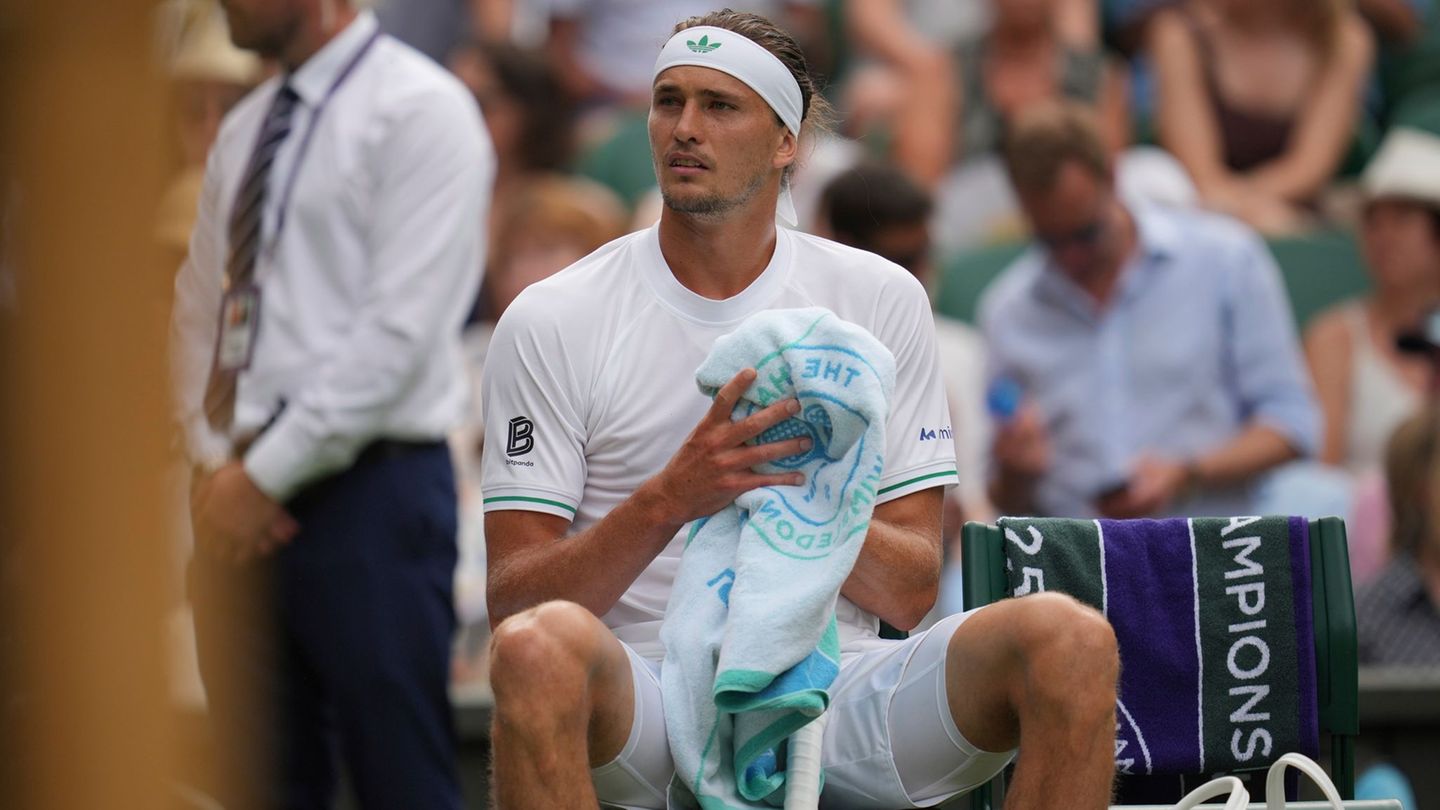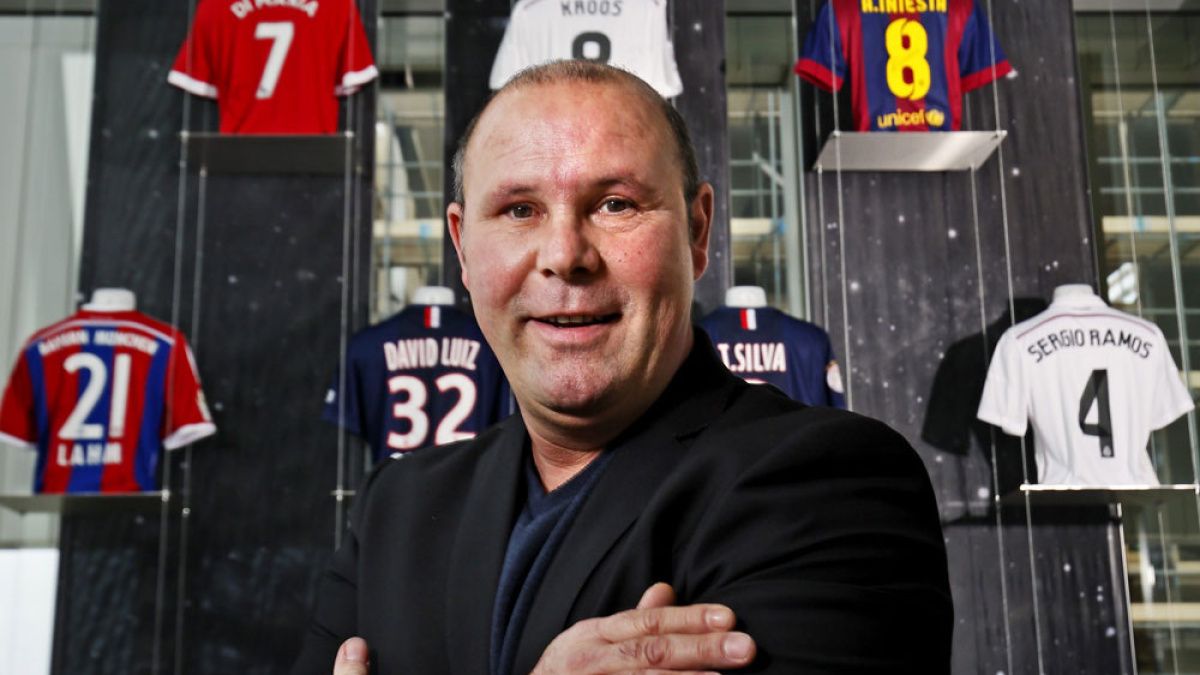Historically, brands have been introduced, through sports marketing, in the OlympicsAt first glance, this could be seen as an action without negative points and with a long list of benefits, but this is not the case. For such an action, it is necessary to carry out a careful investment strategy and also to design it effectively to maximize the impact and reduce possible risks. In this column, I propose to delve into this scenario, going through points of view, examples and success stories of this important communication action.
Brands that partner with the Olympic Games are primarily looking to increase their visibility and enhance their reputation. The Games are one of the most watched sporting events in the world, with a global audience exceeding 3 billion viewers. This massive exposure offers organizations the opportunity to reach a diverse and broad audience, which can translate into a significant increase in brand awareness. In addition, Association with such a prestigious event can improve the public perception of the brand, associating it with positive values such as effort, excellence and sportsmanship.
However, the decision to join Olympic teams is not without risks. We could mention the challenge of the high cost of sponsorships. According to a report by Forbes, The cost of being an official sponsor of the Olympic Games can range from $100 to $200 million. This significant expense can be a hurdle for many businesses, especially those with more limited marketing budgets. Additionally, the return on investment (ROI) of such sponsorships can be difficult to measure and does not always guarantee positive short-term results.
A potential risk that is common to any level of sponsorship is negative association. Any controversy or scandal related to the Olympic Games or sponsored athletes can have a negative impact on the brand image.Athletes or countries often incur problems, misconduct, doping cases and various negative factors that the brand could absorb by supporting a team or individual athlete.
Despite these risks, the benefits of associating with the Olympic Games can be significant if managed properly. A successful example is Coca-Cola, which has been an Olympic sponsor since 1928. The brand has used this platform to launch global campaigns that reinforce its positioning and connect emotionally with consumers. At the 2012 London Olympics, Coca-Cola launched the “Move to the Beat” campaign, which combined music and sport to attract a young audience. This campaign not only increased the brand’s visibility, but also enhanced its emotional connection with the audience.
To maximize the impact of your partnership with the Olympics, Brands need to adopt a well-planned and comprehensive communication strategy. First, it is crucial to clearly define the goals of the partnership and how they align with the brand’s identity and values. This will help design coherent and authentic campaigns that resonate with the audience.
On the other hand, brands must make the most of digital platforms and social media to amplify their message. Yes, it seems obvious, but many campaigns fail to demonstrate this. According to a study by Nielsen, 87% of Olympic viewers use mobile devices while watching the events, which offers a unique opportunity for brands to interact with the audience in real time. This scenario opens the game to smaller companies, which can join this phenomenon without the need to make large investments, even with individual agreements with different athletes.
In addition, it is important for brands to actively and continuously engage with sponsored athletes. This not only includes promoting athletes during competitions, but also promoting them through the promotion of their products. Olympicsbut also support for their careers in the long term. This approach can help build a stronger and more authentic relationship with athletes, which in turn can improve the public perception of the brand. This is perhaps a much more relevant point for our country, where athletes from less popular disciplines necessarily have to resort to this type of sponsorship and institutional support in order to compete, since there is no complete support and promotion from the State for all disciplines.
Another effective strategy is to tell stories that connect emotionally with the audience. Olympic athletes’ stories of personal achievement, hard work and dedication can be powerful marketing tools. Brands can create campaigns that highlight these stories, using videos, documentaries and other content formats to capture audiences’ attention and empathy. This approach not only improves brand visibility but also strengthens its emotional connection with consumers.
We can be sure that it is not enough to just associate with the most relevant athletes in the competition, it is necessary to tell a story with them, this type of message will be much more attractive to the audience. A good example is the campaign that was launched at these Olympics, among others. Powerade and Simone Bileswho claims “Pause is Power” even going further and empathizing more with the well-being of the athletes, rather than with winning. Referring to the episode that this elite athlete experienced 4 years ago.
Lastly, brands must be prepared to manage any communication crisis that may arise. Having a well-defined crisis plan and being ready to act quickly in the event of any controversy or issue is essential to protecting the brand’s reputation. Transparency and open communication are key to handling any adverse situation effectively. It may seem like a positive and beneficial scenario, related to sport and personal improvement, but many cases throughout the history of this type of communication actions show that everything could change at any time and we must be prepared for it.
Expert in strategic communication.
Source: Ambito
David William is a talented author who has made a name for himself in the world of writing. He is a professional author who writes on a wide range of topics, from general interest to opinion news. David is currently working as a writer at 24 hours worlds where he brings his unique perspective and in-depth research to his articles, making them both informative and engaging.




